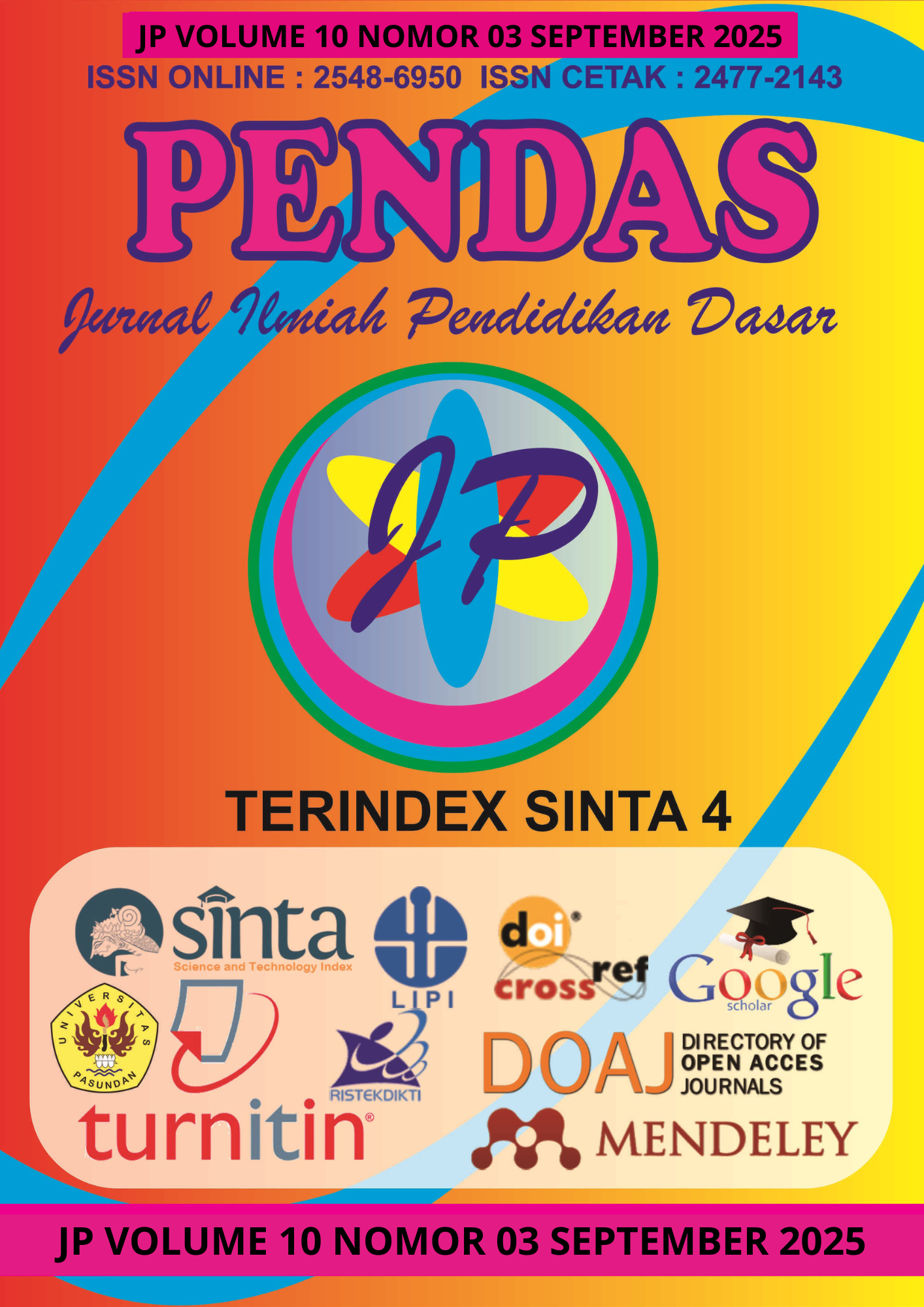AI UNTUK GENERASI CERDAS: BELAJAR TEKNOLOGI BERSAMA PENDIDIKAN PROFESI GURU
DOI:
https://doi.org/10.23969/jp.v10i03.30839Keywords:
artificial intelligence, digital literacy, AI ethics, education, teacher professional development, SMA Negeri 8 MalangAbstract
The advancement of artificial intelligence (AI) technology presents both challenges and opportunities in the field of education. This report presents the outcomes of a community service activity conducted by lecturers and student-teachers from the Teacher Professional Education (PPG) Program at Universitas Negeri Malang through an educational talk show at SMA Negeri 8 Malang. The initiative aimed to improve digital literacy among students and teachers regarding the ethical and responsible use of AI. The talk show involved students, teachers, and student council members (OSIS), and featured expert speakers who discussed the fundamentals of AI, its applications, and associated risks such as technological dependency and academic plagiarism. The activity led to increased awareness of the benefits and challenges of AI, as well as the importance of academic integrity and character in its use. The school responded positively by establishing an AI Literacy Team, organizing teacher workshops, and launching the campaign “Smart AI, Not Instant AI.” This program serves as a model for promoting an adaptive and ethical digital culture within secondary education.
Downloads
References
Boddington, P. (2017). The Ethics of Artificial Intelligence. Palgrave Macmillan.
Holmes, W., Bialik, M., & Fadel, C. (2019). Artificial Intelligence in Education:
Promises and Implications for Teaching and Learning. Center for Curriculum
Redesign.
Luckin, R., Holmes, W., Griffiths, M., & Forcier, L. B. (2016). Intelligence
Unbound: The Future of Uploaded and Artificial Minds. Routledge.
Russell, S., & Norvig, P. (2020). Artificial Intelligence: A Modern Approach (4th
ed.). Pearson Education.
Spector, J. M. (2014). Conceptualizing K-12 Education with AI: A Framework for
Understanding the Integration of Artificial Intelligence in Education. Springer.
Downloads
Published
Issue
Section
License
Copyright (c) 2025 Pendas : Jurnal Ilmiah Pendidikan Dasar

This work is licensed under a Creative Commons Attribution 4.0 International License.














































